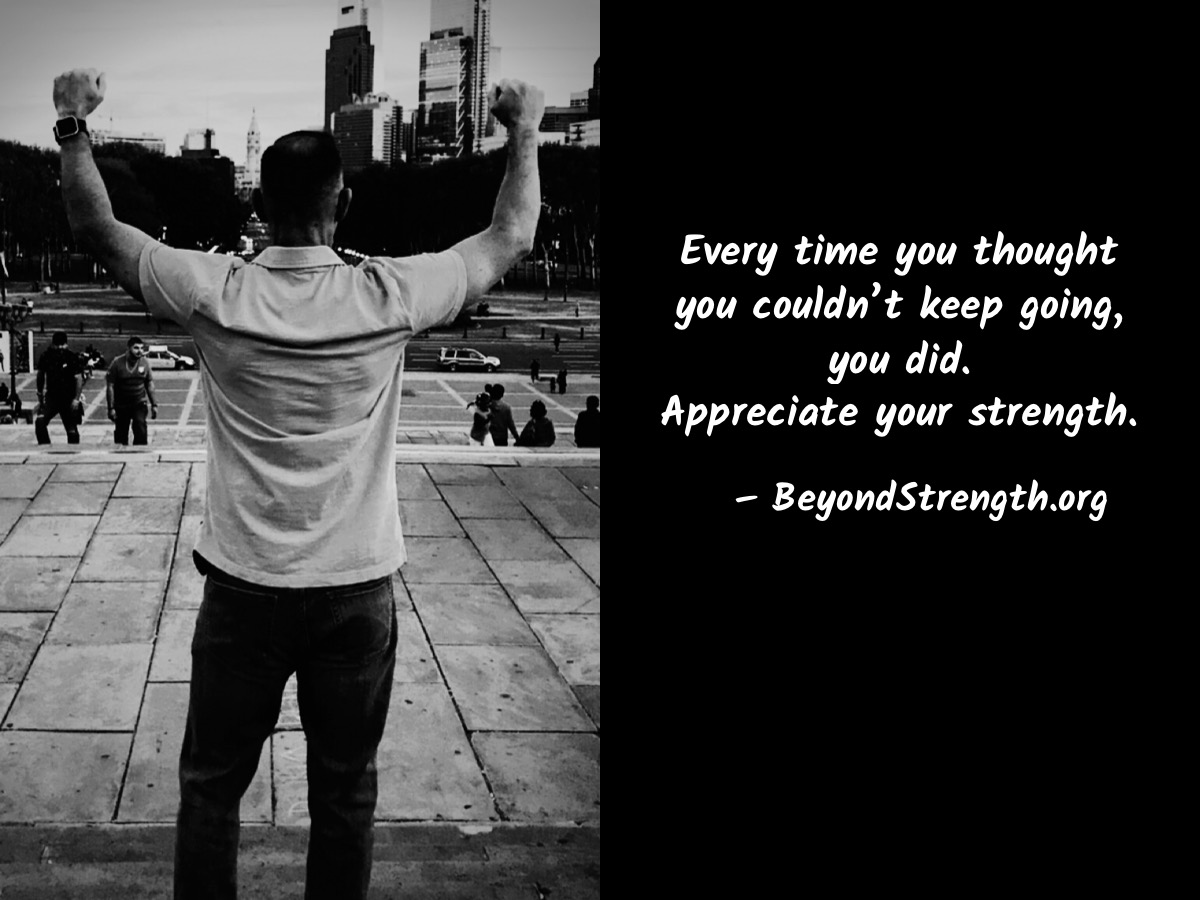“There must be evil for there to be good.” – Course Attendee, Bogota, June 2024
I heard someone say at a recent training event that there are two things we all hate: change, and the way things are. Not only did I literally laugh out loud when I heard it, that statement is perhaps one of the all-time greatest representations of the human condition throughout history.
Here’s another one: the more things change, the more they stay the same.
At nearly every training event I now emcee, facilitate, or lecture at, I anecdotally refer to the human condition during my opening or closing remarks to illustrate how little things have really changed throughout history. It usually goes something like this:

I describe or project the above image and ask if anyone knows what painting it is. When no one responds, I explain it is an image of the painting The Rape of Tamar by 1600s French painter, Eustache Le Sueur. It likely represents the Old Testament biblical account from 2 Samuel 13 wherein one of King David’s sons, Amnon, raped his half sister, Tamar. Two years later, her brother, Absalom, exacts revenge on Tamar’s behalf by conspiring to murder Amnon.
At that point, I rhetorically ask whether anyone has ever read the Old Testament, and go on to point out that from the first recorded murder (Cain’s murder of his brother Abel out of jealousy), humans have consistently and unceasingly done terrible things to one another. Moses killed an Egyptian and buried him in the sand, and even King David, described as a man after God’s own heart, had Bathsheba’s husband, Uriah, killed to conceal their affair. In the Old Testament alone are recorded countless instances of rape, murder, adultery, incest, conspiracy, assassination, execution, and a host of other issues that yet persist.
What we face today, I summarize, is nothing new. Perhaps greater in prevalence and creativity, yes. And certainly we can now bring to bear greater tools, techniques, procedures, and scientific advancements with which to find truth. Yet in spite of all that, little has changed since the start of human history. As acquaintance, historian, author, and good friend of my dad, Michael Delaware, wrote in the introduction to his fascinating new book Victorian Southwest Michigan True Crime, “…it is not the instrument of murder that holds any consistency, but the sinister impulse behind the criminal act wherein lies the true evil.”1
Indeed, Michael.
As I return from my third trip to Bogota, Colombia, where I’ve been honored and blessed with the opportunity to teach alongside incredibly talented presenters and help deliver training to dedicated, professional investigators from Central and South America, all the above hits a little closer to home. For while I don’t consider myself resistant to change, neither can I say it’s not occasionally uncomfortable or that I always think it’s necessary. Sometimes change is good, but sometimes things work the way things are. As fellow USAF Chief Master Sergeant Kevin Slater’s leadership book by the same title suggests, sometimes ‘Old School is Good School.’ And while seldom is ‘Because we’ve always done it that way‘ the right answer to a leadership challenge, this out of control social experiment of a world could occasionally benefit from a bit more of the ‘old way’ of doing things. But if change is necessary, let’s change things for the better!
Change is inevitable; growth is optional.
If I’m being honest, I didn’t completely know where all this was going when I started writing it. Maybe you can tell. But comments during a panel discussion at the course in Bogota, which coincidentally involved a change in the agenda, got me thinking. The panel was a departure from previous events, and I took a chance by including is in the final agenda. I’ve seen it work during many military training events I’ve attended, and envisioned the programmed Q&A methodology encouraging more interaction. But I really had no idea how it would go over in this type of course.

Reaction was fantastic! The other panel members and I were delighted with the response. Attendees asked an impressive number of questions and provided insightful responses of their own with unexpected candor. It went so well, in fact, that we adjusted the schedule to accommodate a second panel the following day.
Perhaps somewhat providentially, it was the response to one of the questions I posed back to the group that prompted this essay.
It was a simple question: Why do you do what you do?
I framed it in the context of known and suspected dangers and challenges they face in carrying out their duties in that region. Some responded that it was a logical choice, coming from a family of public servants; others described it simply as their calling. I believe them; no matter the reason, everyone I’ve encountered throughout these courses voluntarily, professionally, and proudly serves with purpose, honor, and distinction. They persevere.
Do not be overcome by evil, but overcome evil with good. (Rom 12.21)
But as a man of faith, one answer struck me to the core: “There is much evil in the world. Yet there must be evil for there to be good. I (we) must be the good that overcomes the evil.”
I don’t know that I could add much more to that here, nor should I try. It was profound, heartfelt, and seemed to resonate with everyone in the room. So I’ll simply end as I started…with a quote.
Typically attributed to Edmund Burke, its true origin appears largely in question. Nonetheless, the message endures: “The only thing necessary for the triumph of evil is for good men to do nothing.”
I’m proud to have answered that call, and grateful for those who continue standing in the gap restraining evil in this world.

Get Strong. Be Strong. Stay Strong.
1Delaware, M. (2024). Victorian southwest Michigan true crime. The History Press.











































